We’re excited to feature this post from guest blogger Susanna Kelly of Wandering Chocobo, an avid and knowledgeable proponent for responsible travel.
Being a socially responsible traveler used to be difficult. When I changed the way I traveled about five years ago, I felt like a fish swimming upstream. Reducing my impact was difficult, plastic was being shoved down my throat left and right and my options for ethical tour operators was so limited that I avoided them all together. I’m thankful that every year it gets easier to be a responsible traveler as more destinations support this type of travel and ethical tour operators realize the benefit in preserving their environment.
What is Responsible TraveL?
Photo credit: Susanna Kelly
One of the most common concerns I hear from people is that it is hard to know where and how to start. It is simpler than you might think because when you boil it down responsible travel is essentially treating each destination as you would your own backyard. Just by doing this you are doing your part to help local economies flourish, aiding in the preservation of natural wonders, and giving back to those who need it. Making one small or big change each and every time you travel helps secure the future preservation of our planet.
In order to treat each destination as your backyard, think about creating close relationships with local and indigenous people, traveling in small group sizes, packing eco-minded gear & choosing ethical tour operators doing their part to help the planet, and look for opportunities to give back while you travel thus fostering purpose.
I joined Traverse Journeys on their New Zealand trip where I had the chance to see these principles in action. The result was a meaningful trip where I felt good doing my part to reduce the negative impacts of travel and giving back to my destination. Take a look at the choices that were made and think about what you can do to similarly model your travels in these frameworks.
Supporting Locals, Respecting Culture: The Heart of Responsible Travel
People
Learning about local and indigenous culture without exploiting it is critical to being a responsible traveler. It is also just as important to be conscious of where your money goes. Putting money toward local businesses is one of the best ways to boost the economy and support hard working locals empowering them with the means to provide for themselves and their environment.
In New Zealand, we learned about and contributed to Maori culture by visiting a Maori-owned and operated geothermal park as well as a Maori Village. Everyone who worked at these locations was Maori, ensuring we learned about Maori dancing, traditions, and Haka directly through the Maori people themselves.
A responsible tour operator will go out of their way to find and support local businesses. We often dined at small farm-to-table restaurants. As a vegetarian I make exceptions for fresh line caught fish because I know it is ethically harvested and I am supporting someone’s direct livelihood. Our food experiences in New Zealand were out of this world thanks to the local and fresh food options!
Planet
Conservationist work to help the Penguins at Pohatu Marine Reserve. Photo credit: Susanna Kelly
Travel can easily be one of the biggest contributors to the carbon footprint, but it doesn’t have to be, as there are many ways to offset your impact as you travel. It is critical to make your best effort to reduce the impact of travel by finding ways to reduce your plastic & waste, staying in hotels with green initiatives (the most memorable from New Zealand was a lovely bed and breakfast that supported a local family who served us farm to table food), traveling with small groups, and only offering extra excursions with environmentally friendly and ethical companies that educate, protect, and invest in the environment.
While traveling in New Zealand I was able to get up close and personal with both penguins and dolphins guided by companies certified by the Department of Conservation for doing their part to reduce cruel animal tourism and donating their proceeds to the research, protection and education of ecosystems.
Travel with Purpose: Connecting with Communities and Making a Real Impact
Purpose
Traveling with purpose requires a shift in thinking about travel for solely selfish reasons to thinking about your impact as you travel. I really appreciated how Traverse Journeys made that transition easy by finding and partnering with local NGOs called community partners and donating a portion of sales from the trip to support this partner. It’s also comforting to know that your money doesn’t just go off to an unknown face since you actually get to spend time with the community partner to learn about what they do and how your donation will be utilized to further their impact.
One of my favorite parts of traveling in New Zealand was getting to know Project Jonah, a local NGO working tirelessly with volunteers to save beached whales and educate the public on whales and marine conservation. We learned that our money went to help save hundreds of beached whales every year, as well as further protection and educational efforts to support the marine mammal population of New Zealand. I felt so good that my money was going toward such a great group, especially after they spent half a day with us on a whale safari tour!
Taking the Steps Towards Responsible Travel
Putting these practices into place, even if it’s a gradual process for you - one change at a time - can make a huge impact. Just remember, it’s as simple as asking yourself “Is this choice going to leave this place the same, better, or worse?” The same or better being the goal of course!
If being a responsible traveler is still overwhelming for you, then you can always sit back and let an impact-focused operator like Traverse Journeys do all the hard work for you the first time around. I’ve been a conscious traveler for years, so I was a little worried about letting a company take over and do all the research for creating a meaningful itinerary. I had this urge to double check their work to ensure things were as ethical as they claimed. I am pleased to report that all their partners and excursions were just as good as they advertise. It was nice to be able to finally relax and trust that someone else had done all the research, which allowed me to travel worry free and know that our group was exploring New Zealand as responsibly as possible. And if you’re new to responsible travel, then no doubt by the end you’ll be revved up, inspired, and educated about how to be a responsible traveler on every future trip!
To see more examples for how to be a responsible traveler, check out the Responsible Travel page on Traverse and see how they bring responsible travel to life through people, planet, and purpose.
Susanna’s Travel Wisdom: Adventures and Advice for Conscious Travelers
As well as enjoying her home in Munich, Susanna continues to wander the globe & offer excellent advice for the destinations she explores as well as loads of helpful tips and information for responsible travel through her Wandering Chocobo blog.





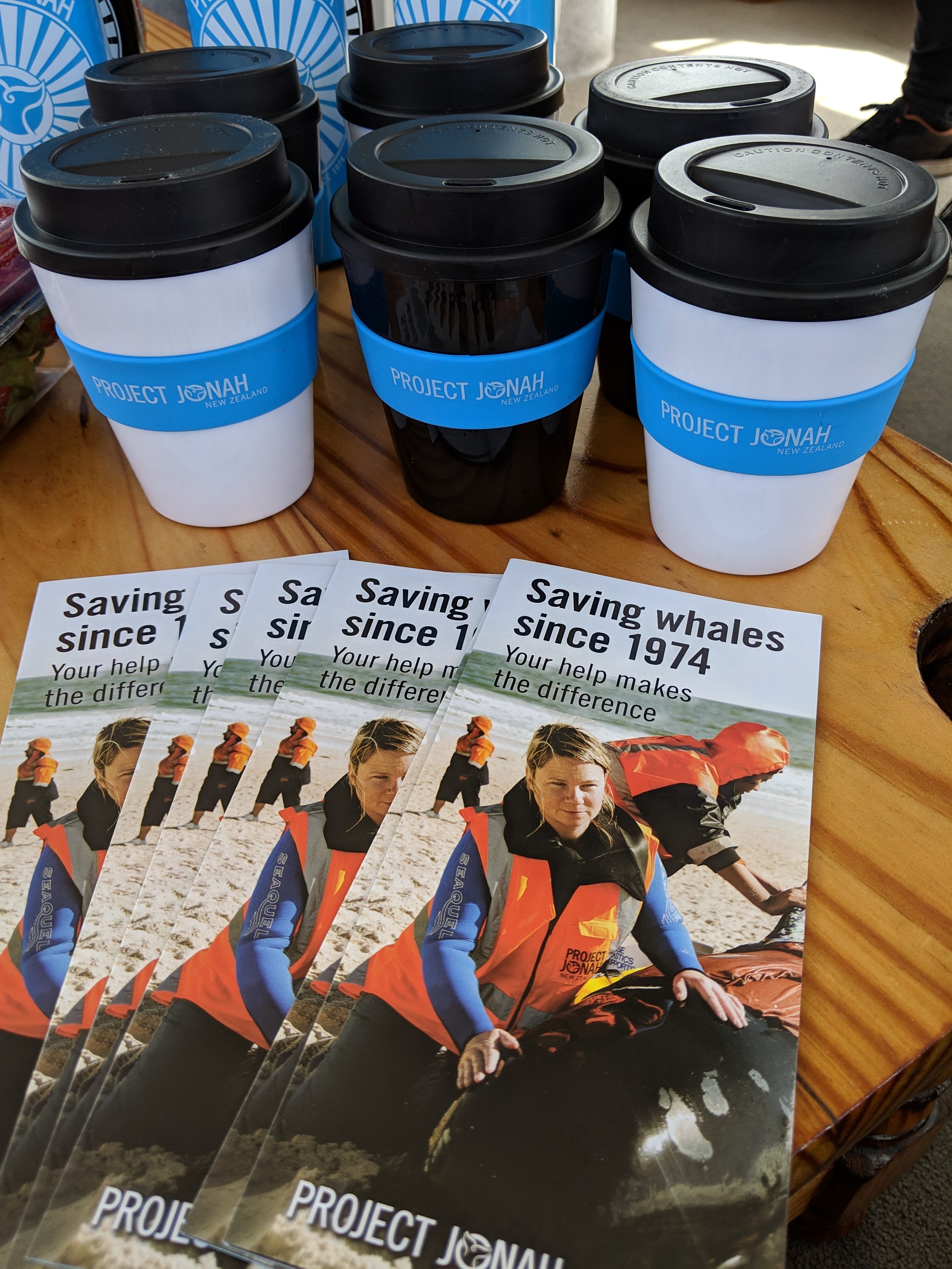



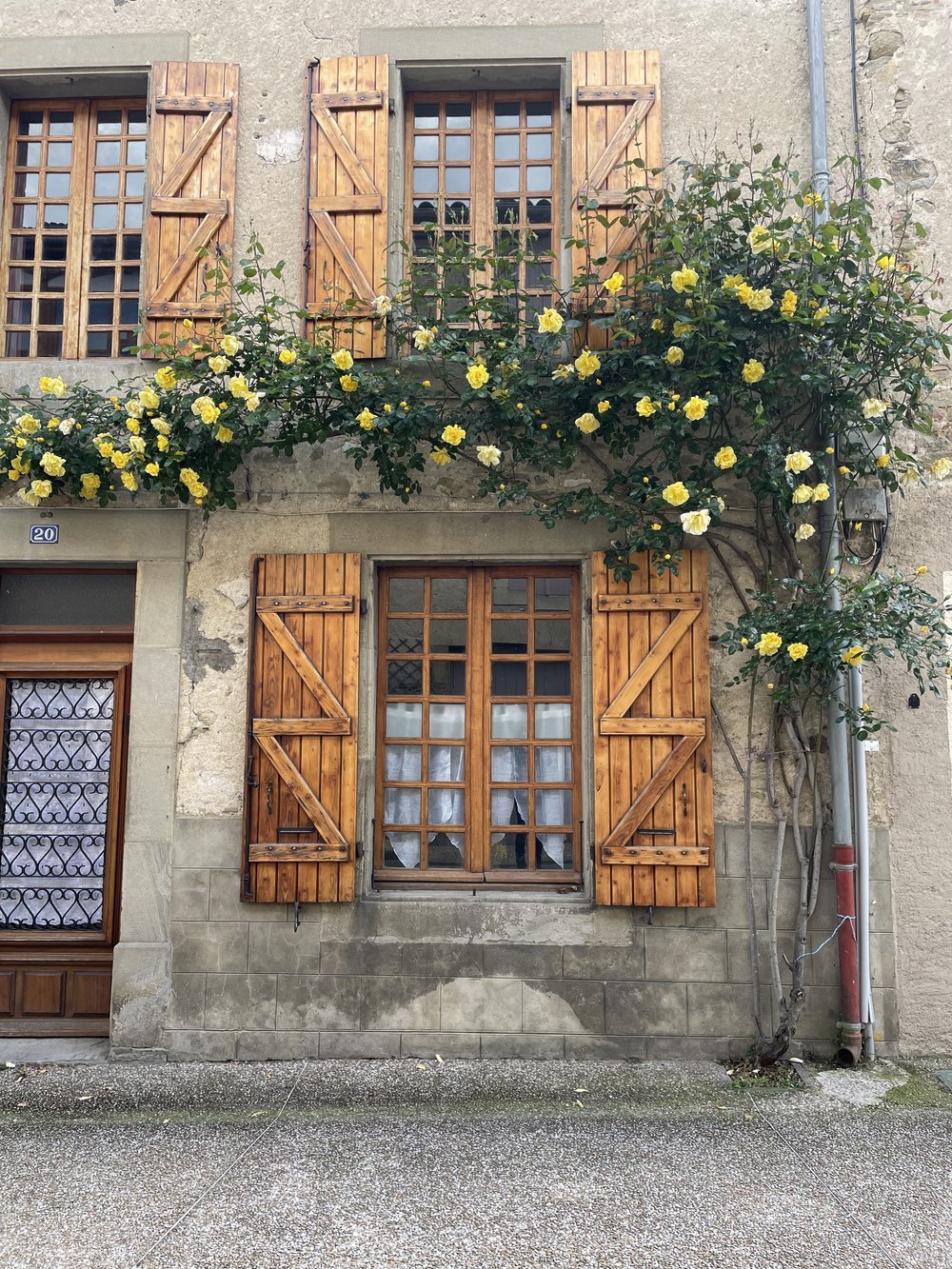

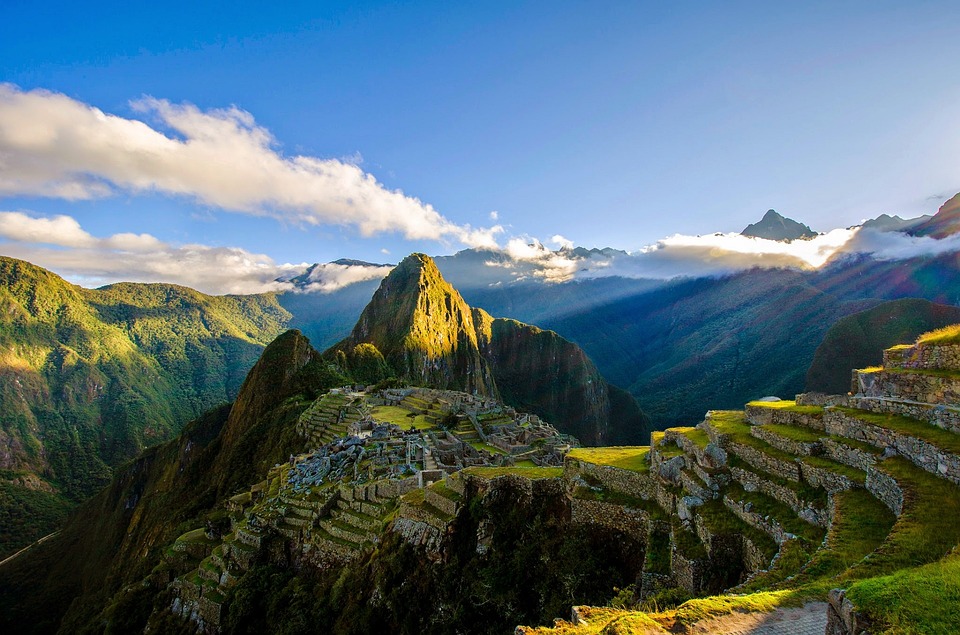

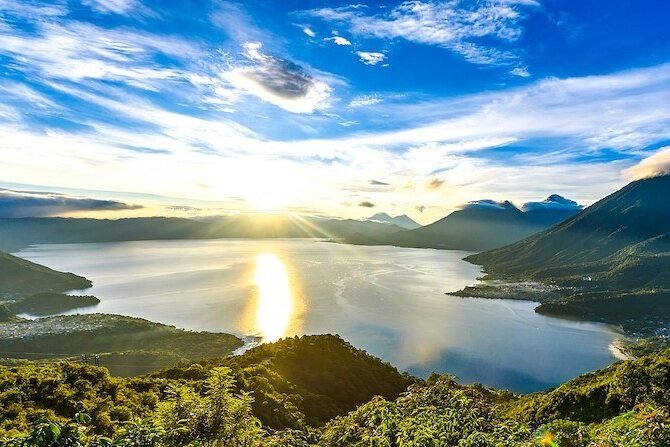
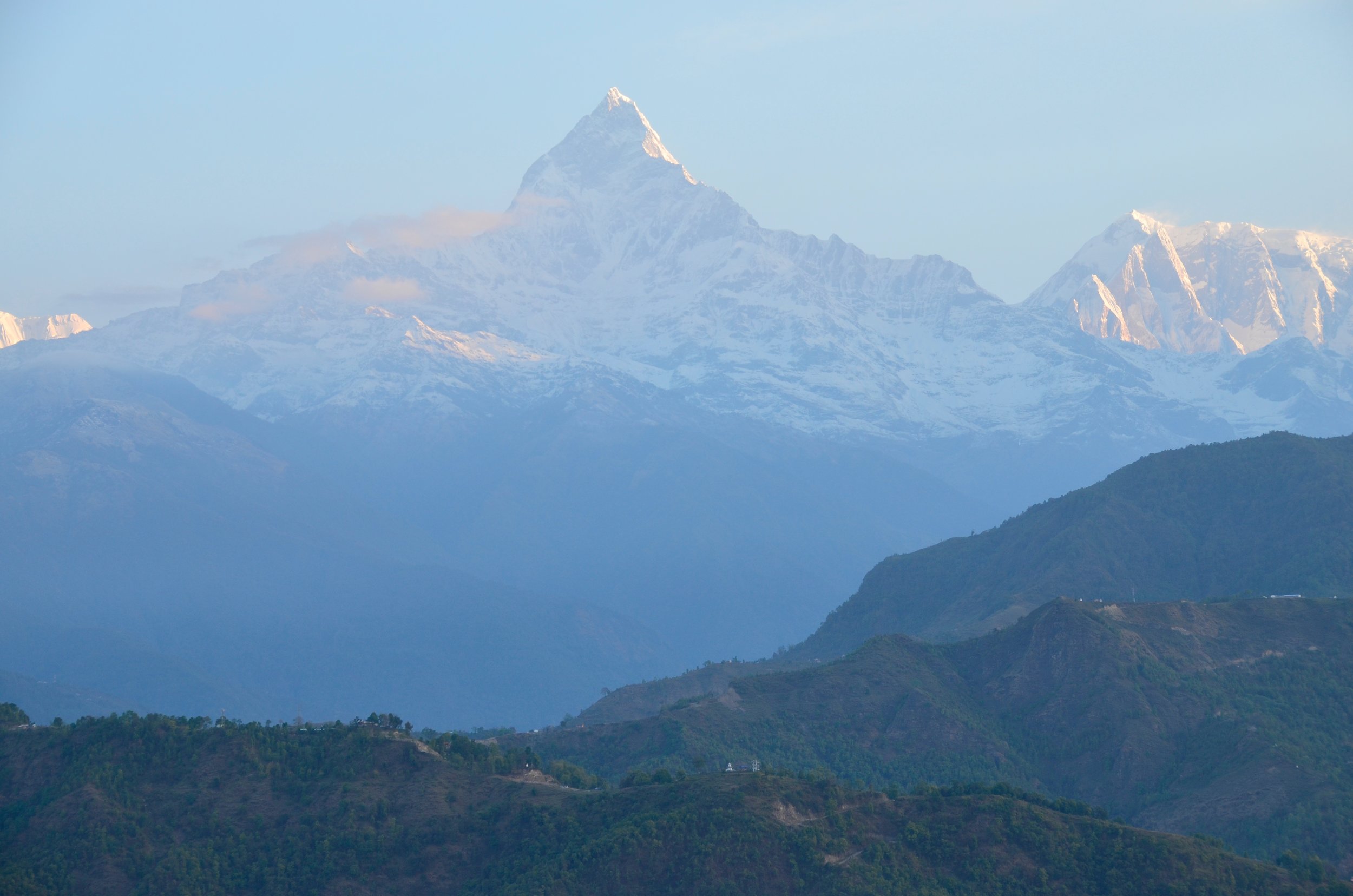

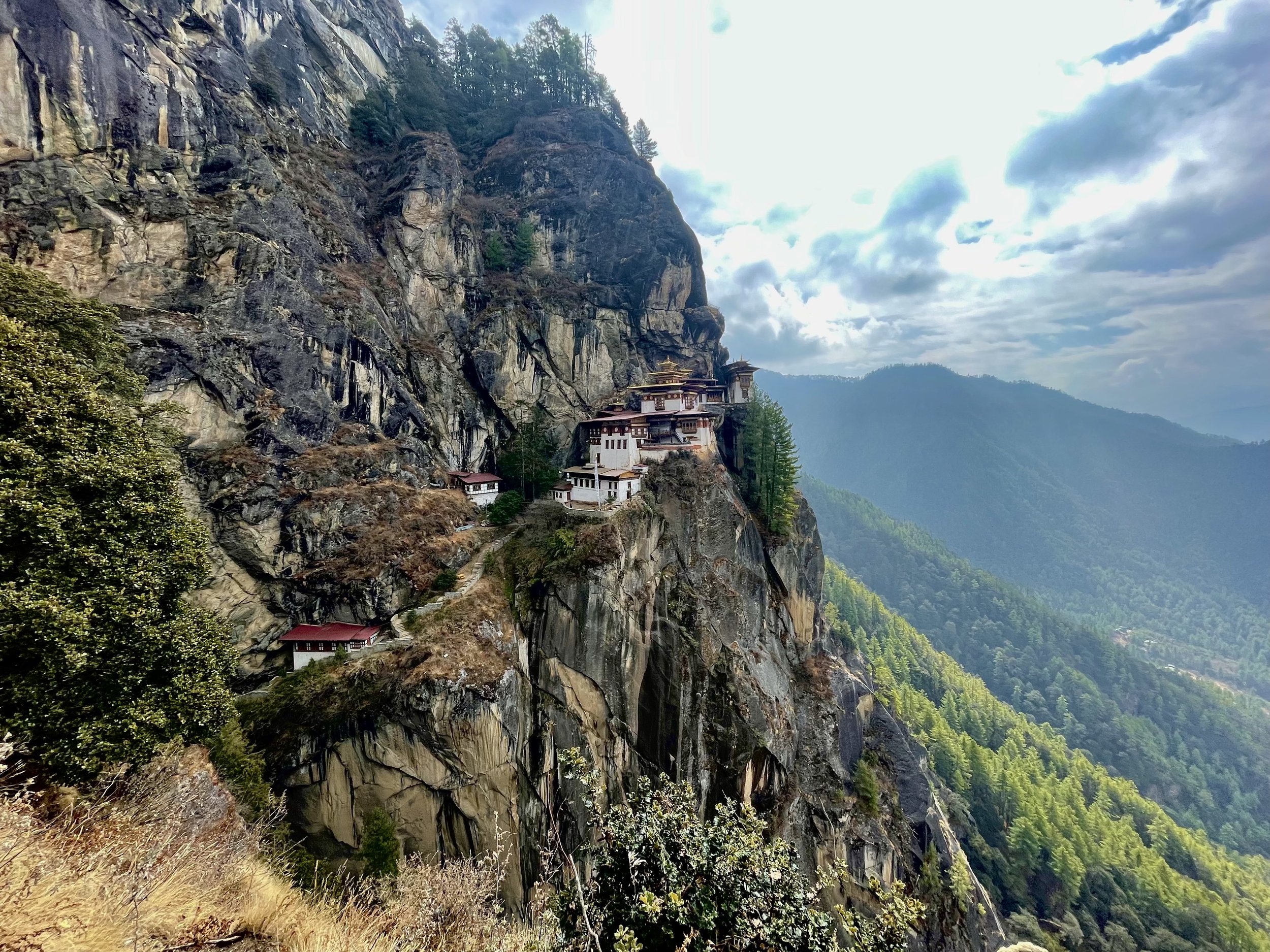



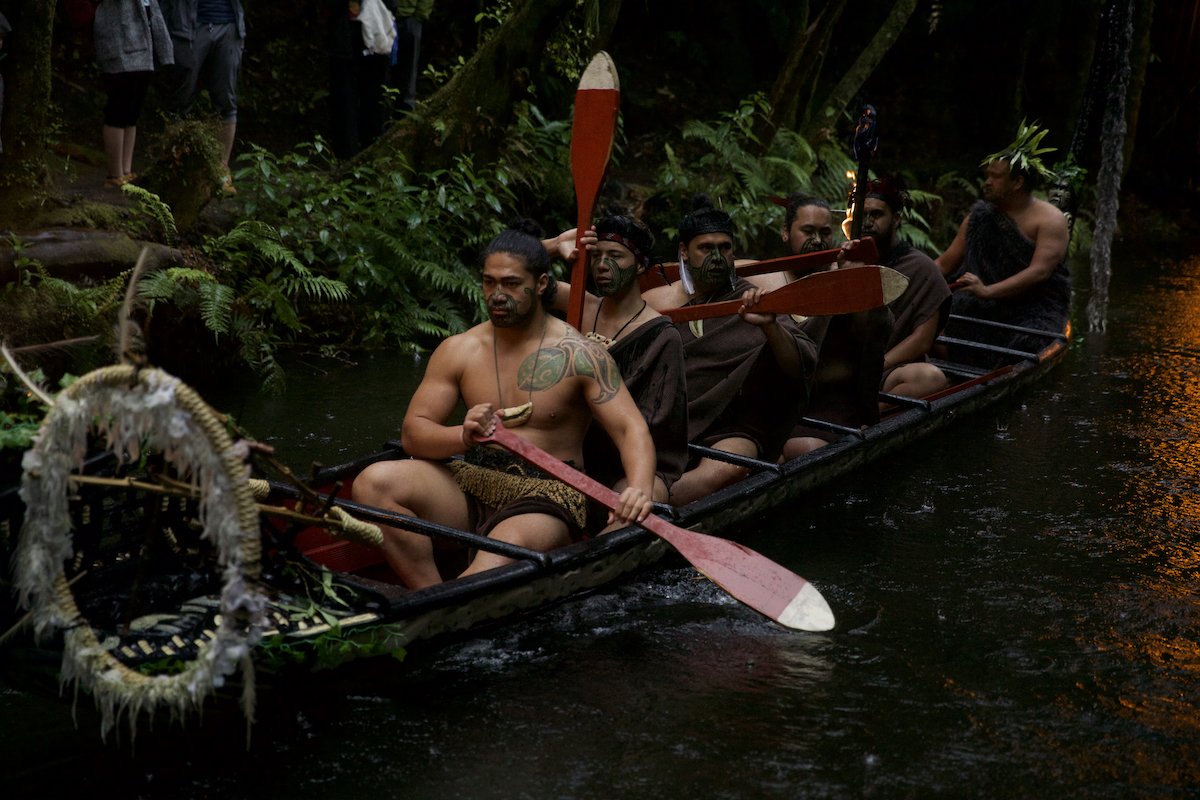
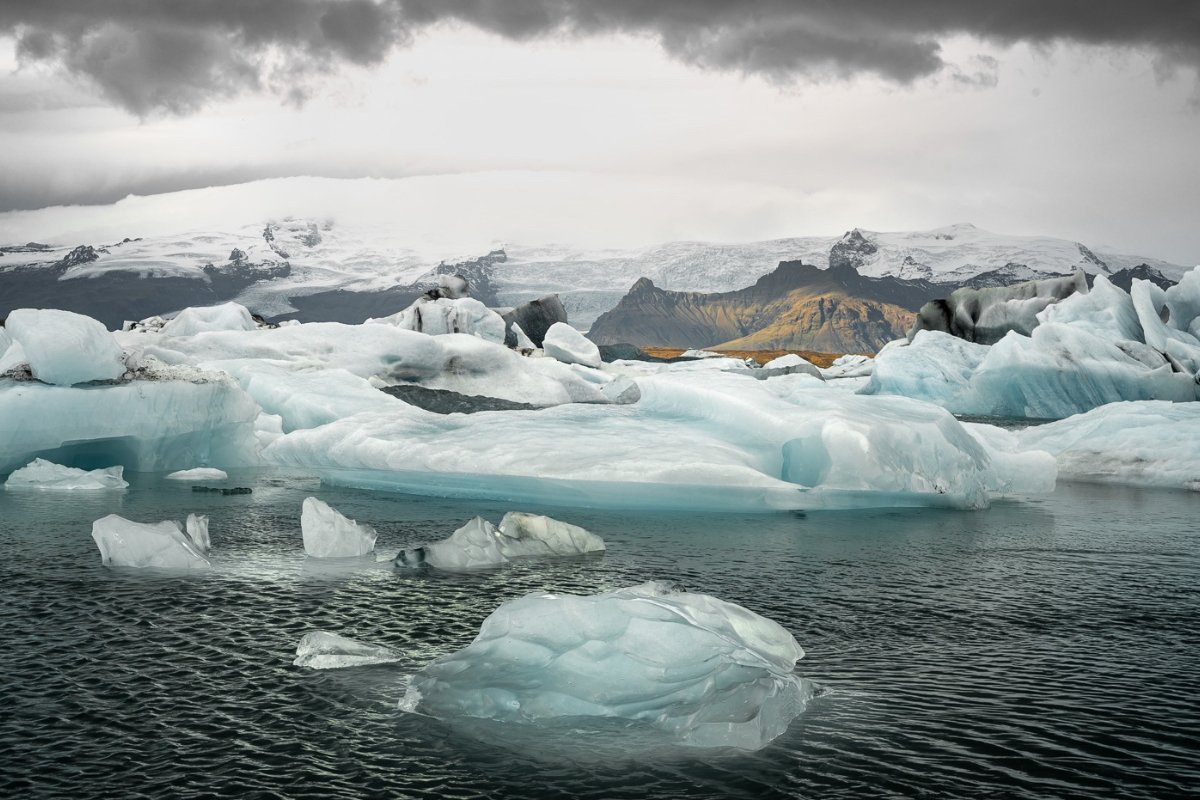






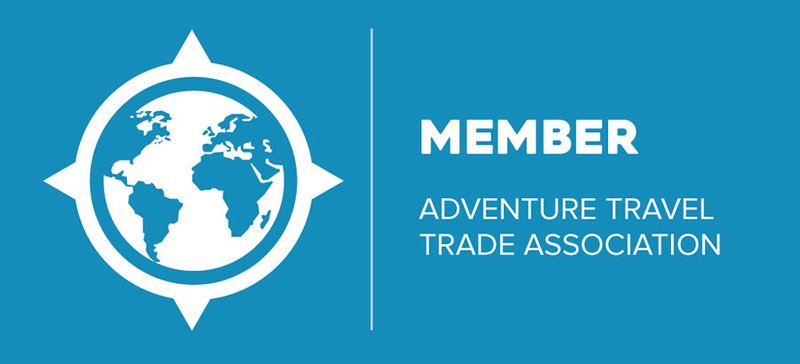
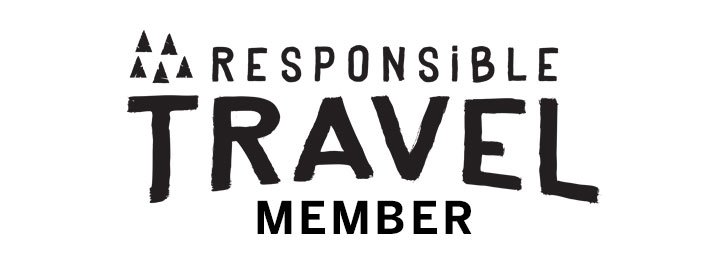

If you’re looking for the best Europe trip packing list, look no further! In this blog post, we’re sharing our comprehensive guide to packing for Europe so that you can embark on your journey fully prepared. We’re here to make sure your luggage remains light and your experiences unforgettable.